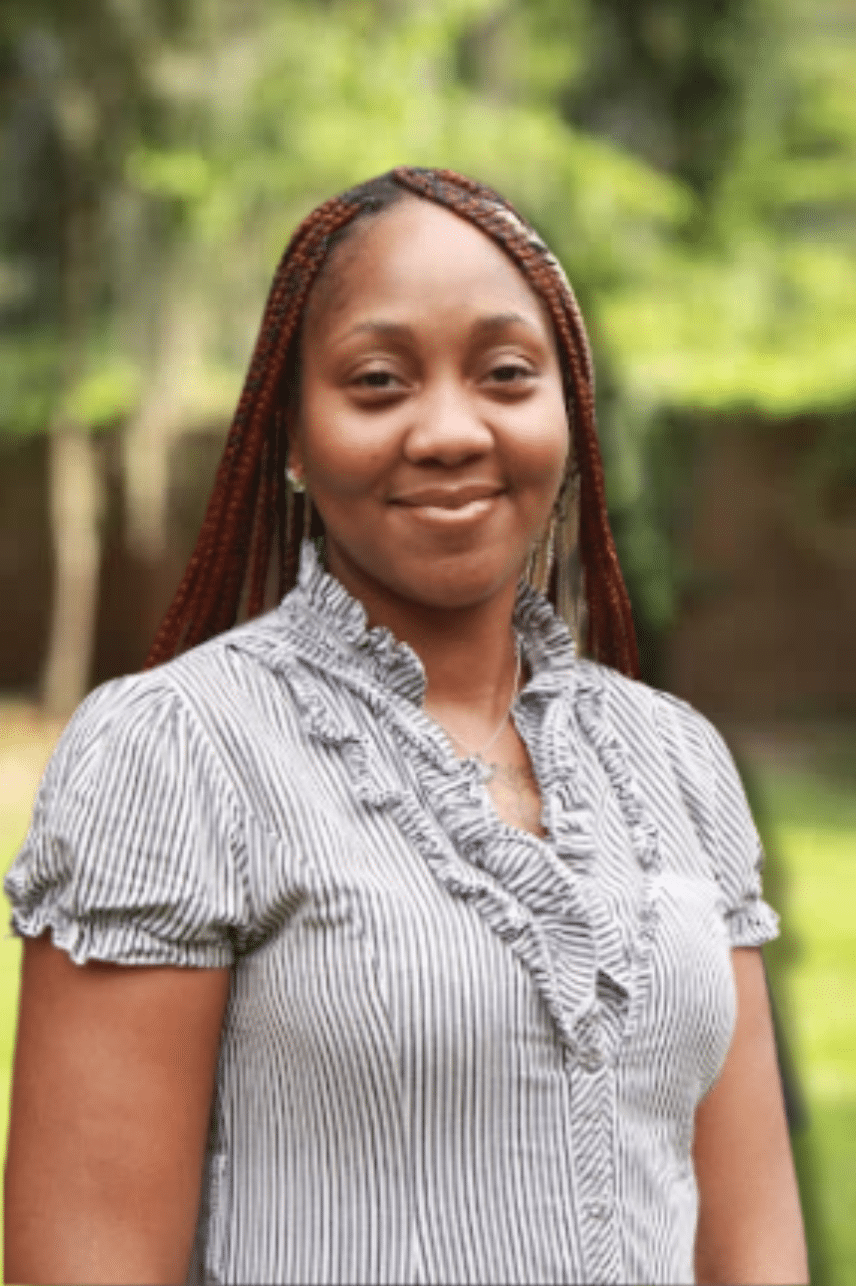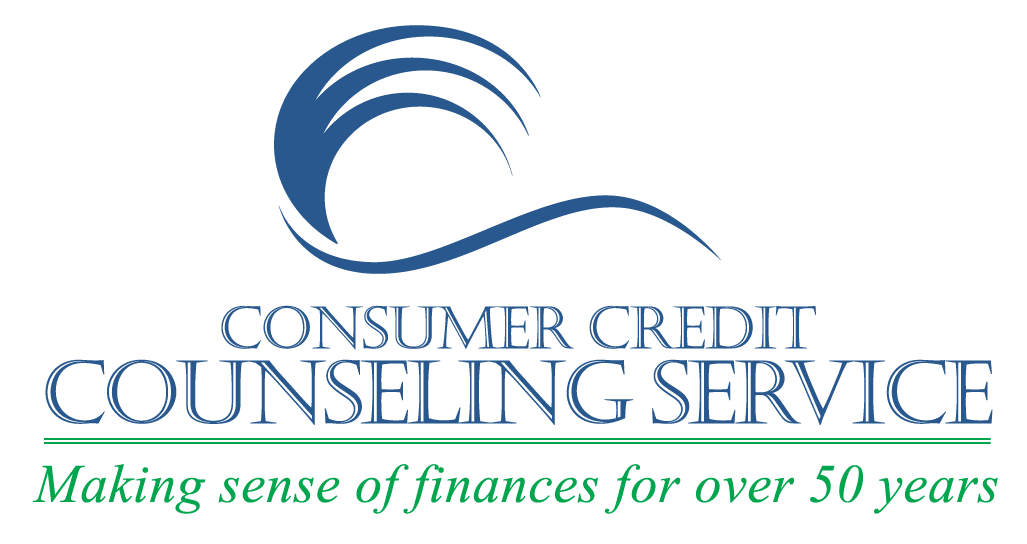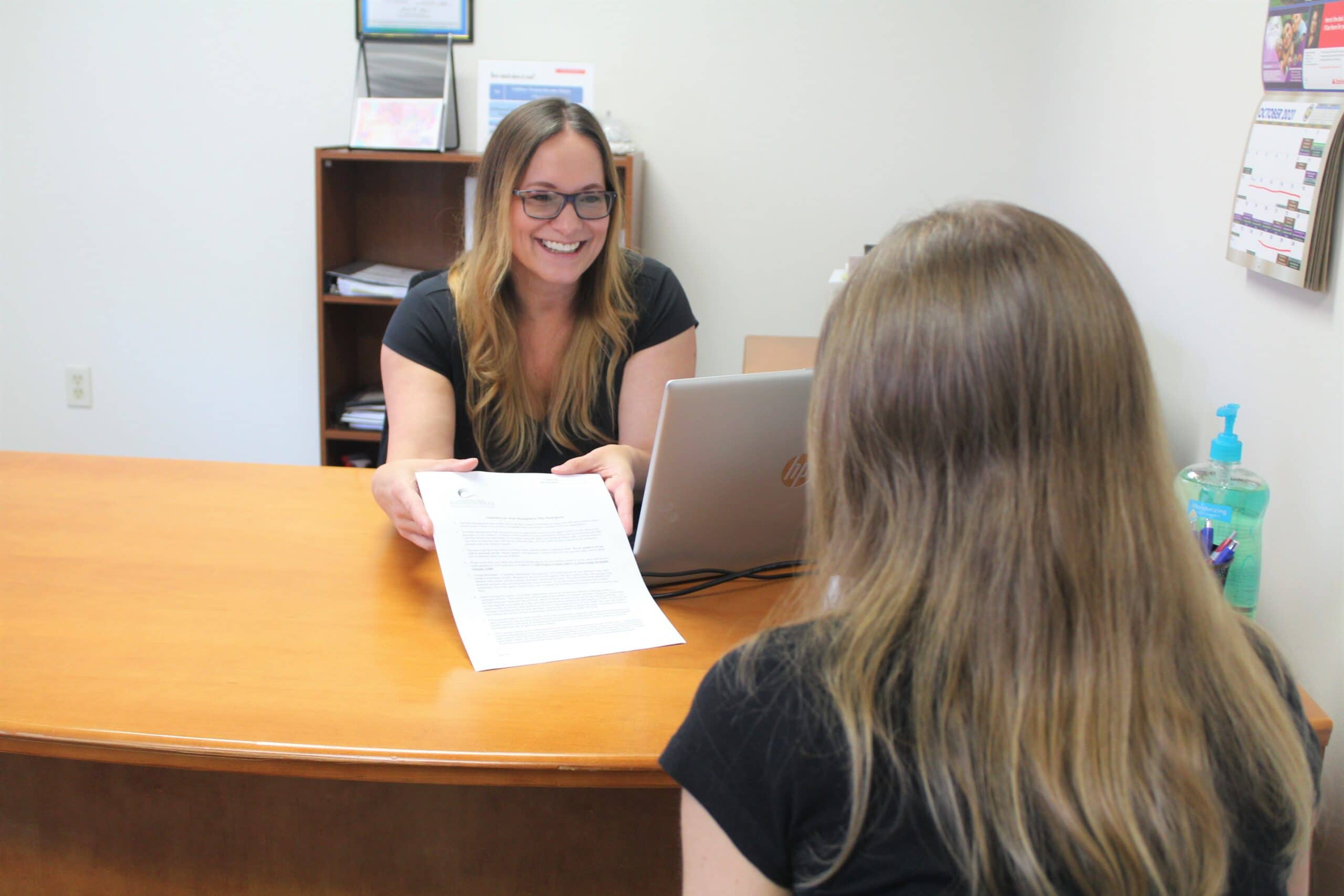Frequently Asked Questions
Recent Merger
We are thrilled to announce that we have been acquired by Consumer Credit Counseling Service of Rochester, Inc. (CCCS of Rochester), a regional credit counseling and financial capability enhancement organization based in Rochester, NY.
By combining forces with CCCS of Rochester, we are continuing to offer the same services in our Georgia and South Carolina more efficiently and effectively. These new resources and capabilities will allow us to refocus and reenergize our community presence.
Founded in 1970, Consumer Credit Counseling Service of Rochester is a non-profit organization that has helped hundreds of thousands of individuals and families deal with financial difficulties. CCCS of Rochester’s vision is to focus on the financial wellness of families and individuals.
General
A certified counselor will review your financial situation with you and provide possible solutions. Together, you will develop a spending plan that covers your living expenses and payment to your creditors. Before leaving, your counselor will give you an action plan with steps to move toward your financial stability.
All counselors are certified by the National Foundation for Credit Counseling, NeighborWorks America, SC Department of Consumer Affairs, and the GA Department of Community Affairs. All counselors and staff participate in on-going training throughout the year on ways to better serve clients.
It is the policy of the Board of Directors of CCCS that all information received from the client, and the fact that the client is receiving counseling, will remain confidential. Therefore, CCCS maintains client records in a secured facility.
There is no charge for appointments related to managing debt, avoiding foreclosure, or home buying. There are some fees associated with Reverse Mortgage counseling, and Credit Review counseling. Also, CCCS offers financial workshops without charging participants.
It is the policy of the Board of Directors of CCCS that all information received from the client, and the fact that the client is receiving counseling, will remain confidential. Therefore, client records are maintained in secured facilities. For our complete privacy policy, click here.
CCCS receives money from grants, client fees, foundations, United Ways, contributions from creditors, contracts, and individual donations.
Becoming Debt Free
The goal of this program is to reduce clients monthly payment to make it manageable for the individual. So, CCCS contacts each of clients creditors to determine the lowest possible acceptable payment and interest rate.
Each month, the client will deposit the agreed amount with CCCS. Then, CCCS disperses that money to the client’s creditors.
A counselor will be able to determine if creditors will consider stopping interest charges. Most creditors do not stop interest, but many will lower interest.
No. A Debt Consolidation is not the same. In the Debt Management Program, each credit account remains separate; the client makes one monthly payment to CCCS that will cover the minimum payments to your accounts. Then, CCCS will disburse the agreed amounts to each creditor.
Debt management is paying off the full balance by making monthly payments. Conversely, debt settlement is paying less than the balance, typically half the debt. Debt settlers cease communication with creditors while you continue to pay debt settler’s fees.
Counselors must provide a payout schedule for debts on a DMP that is no longer than 5 years. Therefore, clients take 2-5 years to pay off their DMP. However, they can pay off debt sooner by making extra payments.
To be most effective in paying off debt, only unsecured debts are eligible for a DMP.
A DMP may impact your credit either favorably or unfavorably. In fact, changes in credit depend on the individual credit reporting policy of creditors in your DMP.
CCCS does not report to credit reporting agencies or creditors that a client has come in for counseling.
CCCS does not take over your accounts. Conversely, CCCS consolidates debts and works with creditors to reduce interest rates and monthly payments. However, you are still responsible for providing CCCS with information to continue to work with creditors.
Avoiding Foreclosure
CCCS is a HUD-approved housing counseling center. Our HUD Certified Housing Counselors know what options are available whether under a conventional loan, FHA loan, USDA, or VA loan. Oftentimes, we can assist in helping clients stay in their homes.
Foreclosure is the legal process lenders follow to take possession of a home when the borrower doesn’t make agreed-upon mortgage payments. Although most lenders begin the foreclosure process when payments are three months or more late, but it can begin sooner.
Learn as much as you can about the representative and company before you sign anything. Also, seek advice from an attorney or housing counselor. Further, never sign any document without reading and understanding it in full.
CCCS counselors can talk to clients about loan modification to decrease mortgage payments. Also, they can create a balanced household budget for clients to follow to afford payments.
Improving Credit
If there are errors on a credit report, the client must notify the credit bureau. However, if negative statements on a credit report are correct, they can remain on the report for seven years or longer.
Yes. Our certified credit counselors can offer a credit report review. In fact, a client and their counselor will review everything listed on their credit report. Also, the counselor can offer guidance on ways to improve a credit report and credit score. Also, CCCS does not recommend paying anyone to “erase” or “fix” items on their credit report. Anything they can do to improve your score or report, you can do it yourself for free.
Anyone can get a copy of their credit report by contacting any three of the credit reporting agencies. Furthermore, anyone can also get a free copy of their credit report by visiting www.AnnualCreditReport.com.
CCCS can offer guidance in the best ways to get credit, the proper use of credit, things to avoid, and how to build good credit.
No. CCCS does not issue credit cards or offer loans. In fact, we are a non-profit organization, not a lender. However, we suggest speaking with your financial institution if you are seeking a credit card or loan.
Buying a Home
CCCS provides free one-on-one home buying counseling sessions. Further, the counselor will provide clients with a budget, credit report analysis, and an action plan to achieve homeownership.
The larger the down payment, the lower the mortgage payment will be. However, the size of the down payment depends on the cost of the house, the type of mortgage, a person’s credit history, and other factors. Also, there are upfront deposits and closing costs that complete the sale.
There are federal mortgage programs that exist to help home buyers that have this problem. However, down payment programs require home buying counseling or workshops. CCCS provides a certificate of completion for any clients that complete homebuyer workshops or counseling.
Home loans can come from banks, credit unions, private mortgage companies, and government lenders. In fact, different lenders offer a variety of interest rates and loan fees. Talking to an expert helps people find the right loan for their situation. Take your time and look around for the best deal.
Reverse Mortgage
A reverse mortgage is a type of federally insured loan, also called a home equity conversion mortgage. It allows older Americans who meet certain criteria to use the equity in their homes to continue to stay in their home.
No. CCCS is not a lender, but we offer help to those considering a reverse mortgage by providing information on the costs and benefits.
Certified counselors provide one-on-one counseling. They counsel interested homeowners to help them understand the way a reverse mortgage works. Counselors review the costs/benefits, financial implications, tax consequences, effects on borrowers heirs, and other options available.
Financial Workshops
Many of the workshops are contracted through employers for their employees. There are free workshops open to anyone such as the Credit Clinic and Homebuyer workshops. You can find out about workshops open to the public through our social media pages and our calendar.
Credit Clinics are free one-hour sessions where participants will learn how to pull, read, and correct errors on their credit report. Also, participants will have the chance to pull their credit reports during the workshop and will also get tips on ways to improve their credit score.
Workshops include: Improve Your Credit, Household Spending Plan, Shopping for Credit, Build Your Savings, Money Management for the Young at Heart, Protect Your Identity, and Smart Cents for Students.
All workshop participants receive a guide to use throughout the hour-long workshop. Also, the CCCS facilitator provides tips and resources relevant to the topic.
Spending Plans
Examples are: paying off debt, buy a house, buy a car, save a certain amount of money, go back to school, or plan for retirement.
Counselors can help clients establish goals, methods to achieve them, and timelines. Sessions include addressing credit issues and creating a livable spending plan.
No, the reason for a spending plan is to help meet fixed monthly costs, and if possible, include some extras. The most important thing is to live within one’s income, save for goals, and pay bills on time.
Counselors can guide the process of setting up and reviewing a personal spending plan. Also, counselors can make suggestions about ways to increase income and decrease expenses.
Bankruptcy
Bankruptcy is a legal process taken by a person (or business) who cannot repay debts. The process can be very complex, but can sometimes be the best course of action for someone. CCCS’ trained counselors consult clients who want to explore the possibility of bankruptcy. However, CCCS does not provide legal advice.
Under the federal Fair Credit Reporting Law, a bankruptcy can remain on a credit report for up to 10 years.
There are two different types of bankruptcy. First, filing Chapter 7 bankruptcy requires the filer to surrender all assets that are not exempt in their state. Second, filing Chapter 13 bankruptcy means filers can keep some assets but all debt must be paid in three to five years.
An attorney is not required. Yet, the advice of an attorney is helpful in understanding the rights and consequences of bankruptcy.


